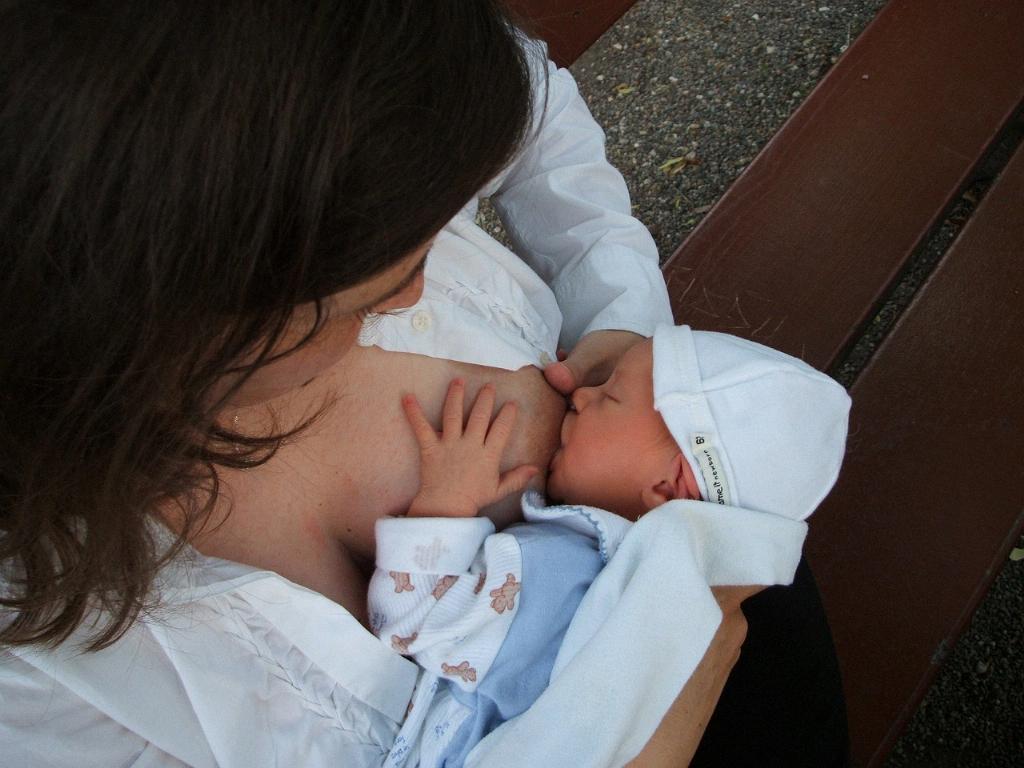When it comes to the safety of Moringa for infants, it is essential to consider its nutritional benefits and potential risks. Moringa leaves are touted for their rich nutrient content, making them a valuable supplement for individuals of all ages, including infants. These leaves are packed with vitamins, minerals, and antioxidants that can support overall health and well-being.
Studies have shown that Moringa leaves are safe for children to consume and are often used to address malnutrition in young ones in developing countries. The nutrient-dense nature of Moringa can help support healthy growth and development in infants, providing them with essential vitamins and minerals that may be lacking in their diet.
For pregnant and nursing mothers, incorporating Moringa into their diet can have positive effects on both their health and the well-being of their babies. The nutritional benefits of Moringa can help supplement the increased nutrient needs during pregnancy and support the production of breast milk for nursing mothers, ultimately benefitting the growing infants.
One common issue reported by pregnant mothers is fatigue, which can be exacerbated by the demands of pregnancy. The nutrient-rich properties of Moringa can help combat fatigue and provide a natural energy boost, supporting the overall health and vitality of expectant mothers.
It is important for parents to consult with healthcare professionals before introducing any new food or supplement, including Moringa, into their infant’s diet. While Moringa is generally considered safe for infants, individual reactions can vary, and it is crucial to ensure that the infant does not have any allergies or sensitivities to the plant.
When introducing Moringa to infants, it is advisable to start with small amounts and monitor for any adverse reactions. Like with any new food, it is essential to observe how the infant responds and adjust accordingly. If any signs of allergies or digestive issues arise, it is best to discontinue the use of Moringa and consult a healthcare provider.
Overall, the safety of Moringa for infants lies in its rich nutritional profile and potential benefits for their health and development. While it can be a valuable addition to their diet, caution and moderation are key when introducing new foods to young children. With proper guidance and monitoring, Moringa can be a safe and beneficial supplement for infants.
In conclusion, Moringa is generally safe for infants and can provide valuable nutrients to support their growth and overall well-being. However, it is essential to approach its introduction with care and seek professional advice to ensure that it is suitable for the individual infant. With proper attention and monitoring, Moringa can be a beneficial addition to an infant’s diet.

